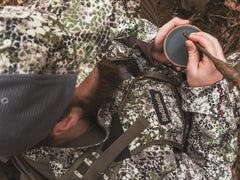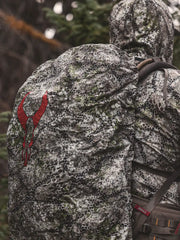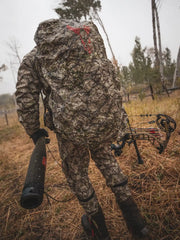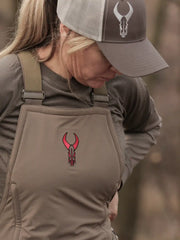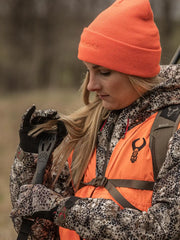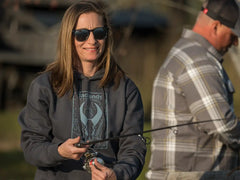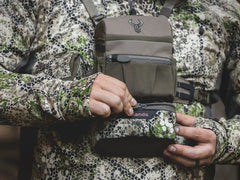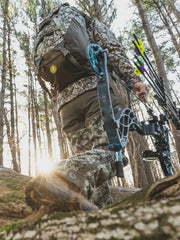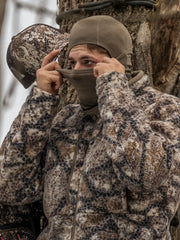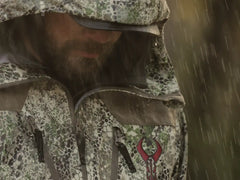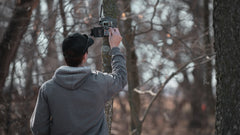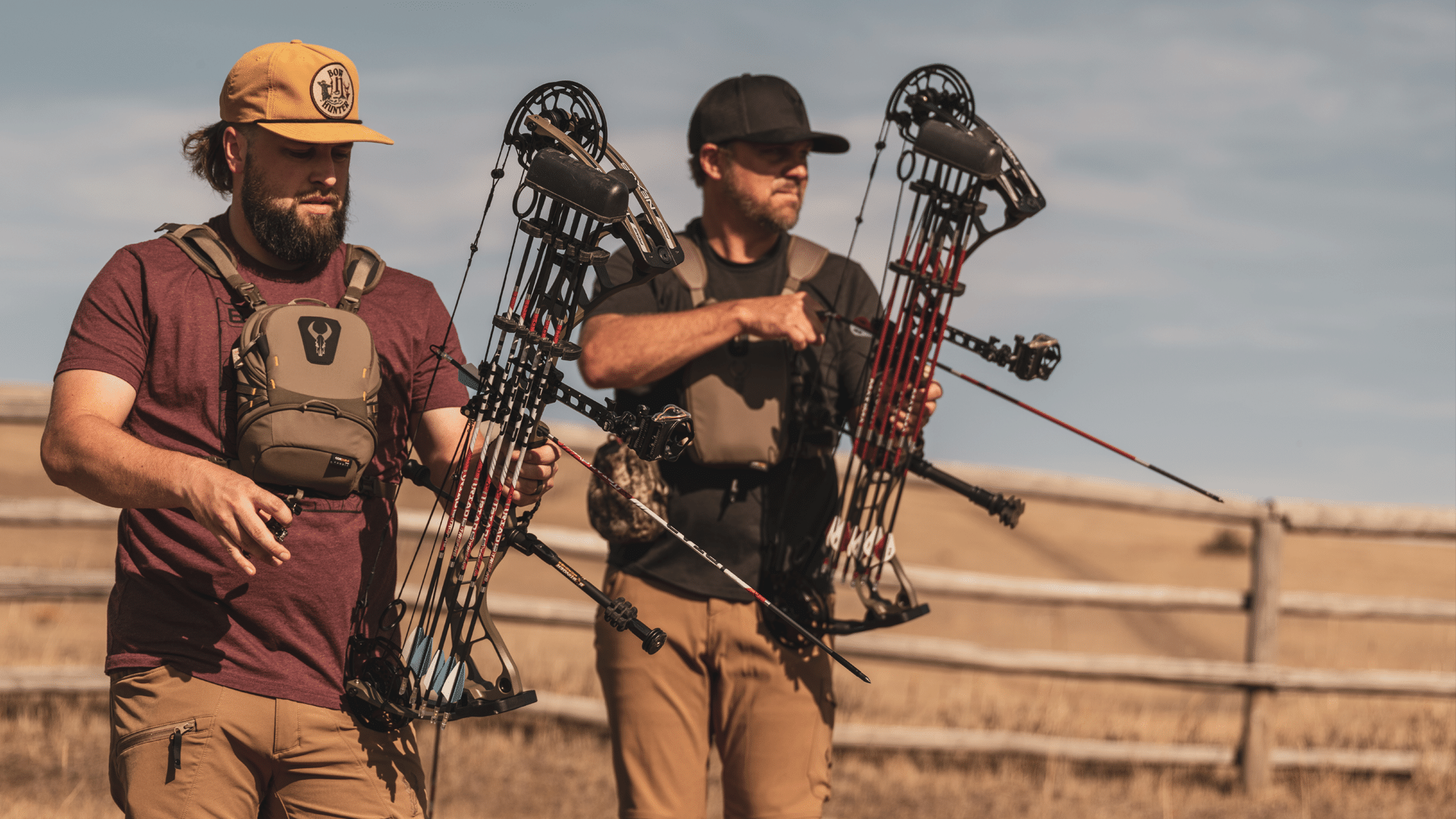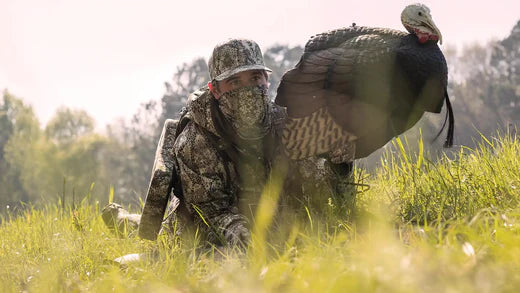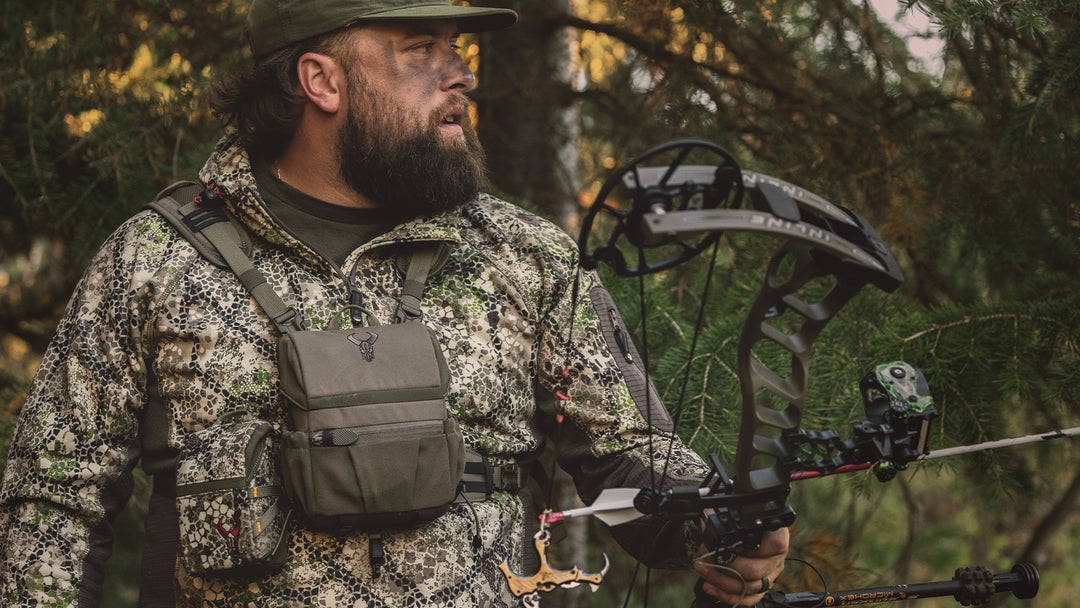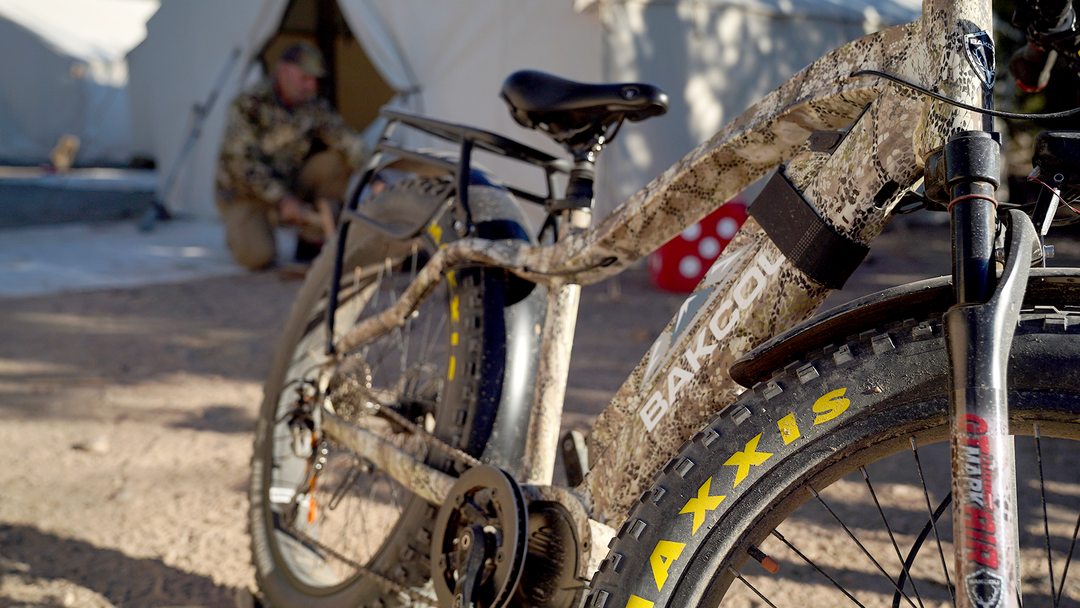It’s a tale as old as the tales we tell. Dad rousts the young’uns up at the crack of dawn to head out to the woods and teach them the art and craft of hunting wild game. Memories are made. The biggest deer in the world (to small eyes at least) are harvested and another hunter enters our community.
Except we don’t do this anymore.
As the number of hunters have declined over the past generation, we’ve all waited for the other shoe to fall. And now, thanks to the research team at onX Hunt, we know just how big a hit hunting has taken from that lost generation.

In their look at how the pandemic has impacted hunting, it was revealed that the number of new hunters (those that started after 2020) who were taught by family members has fallen from almost 55 percent down to 20 percent. That’s the impact of a lost generation, folks.
So who’s taking these newbies out? Largely, it’s you and me, amigo.
Learning to hunt from friends has risen from 20% to more than 40% in this period, and spouses and partners doing the teaching has jumped from roughly 5% up to 20%.
What does this mean for you? It means now is the time to grab that buddy that has been curious about your pastime and take him or her a huntin’!
Identify
Have a friend who’s always asking about hunting or what you do? Or one that kinda sorta hints that he really liked the sausage you gave him last year? Or a co-worker that admits she always wanted to go along with her dad and brothers?
There ya go. Identified.
If you don’t have those, simply ask around. You can put feelers out at church, the club, the office… really anywhere people gather and you have some connections.
We had a colleague who was super into food and was always curious about the field-to-fork concept. Once one of us offered to help her harvest a turkey, she absolutely jumped at the chance. (Stay tuned to this blog space for more on that down the road.)
Prepare
This is where the rubber meets the road. It’s the work part of all of this… and it can also be the best part.
Start off by talking it through with your mentee. Find out what they want out of hunting. Is it the meat? The challenge? A trophy? What they want out of the hunt will tell you what needs to go into it.
Next, get into the details. Now we’re not saying haze the newbie with graphic details, but they need to know what to expect.
Figure out the effort level. If they want a simple hunt in the nearby WMA, you don’t want to throw them into a three-day, 10-mile backcountry hike. Remember, this is their hunt, not yours.
Practice
This is especially critical if they’re not very familiar with the tools of the trade. New shooters need to learn safety and marksmanship. New archers, the same. Also, get them in their gear so they can see what adjustments may need to be made to clothing or packs. An uncomfortable rookie hunter becomes a former hunter really fast.
Get Legal
This certainly means getting the necessary permits and tags, but don’t overlook any hunter safety classes that may be mandated. Even if not mandatory, if you have a really new hunter and weapons handler, hunter’s ed is always a good idea.
Get It On!
When it comes time, always remember whose hunt it is. You are the guide/teacher/mentor/Yoda there to help them find success. Be sure to let them take the lead. If they want you to be very active and hands on, let them be the ones to say it. If not, sit back and help as needed.
Your only real objectives are:
- Keep the newbie safe
- Make sure the newbie has a good experience
- Help the newbie succeed
If you keep these in mind, congratulations! You’ve helped another person become more self-sustaining and confident in their abilities to provide if needed.
Of course, this also means you now have another person to share a beverage with and tell your hunting tales to around the campfire.
And isn’t that what really matters most?


